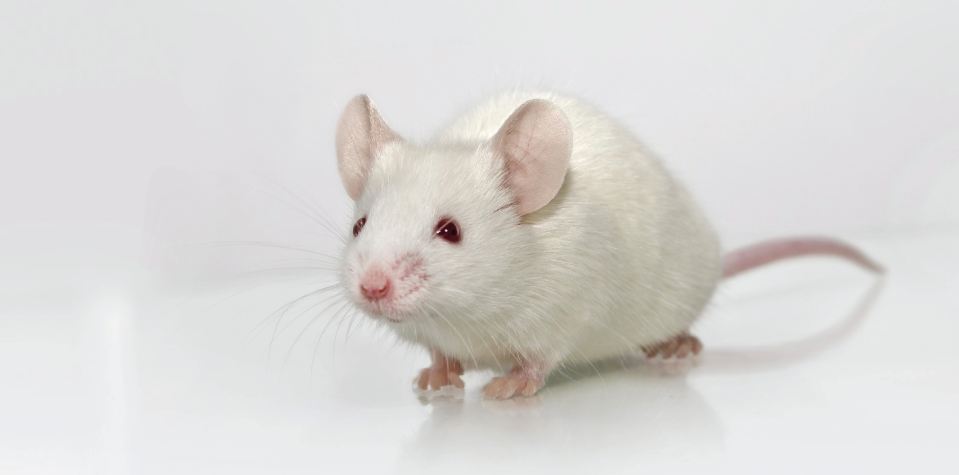Differences in the immune systems of mice and humans can lead to variations in how immuno-oncology therapies work in each, creating challenges in ensuring translatable preclinical research results. In this Q&A article in Science, Dr. Patrick Gordon, scientific program manager at Taconic Biosciences, discusses how genetically humanized mice can overcome these limitations to facilitate the development of immunotherapies. He reviews how humanized models are enabling the development of fully humanized monoclonal antibodies that avoid immunogenicity and addresses how CRISPR/Cas9 gene editing can speed genetic humanization for appropriate project types:
"One popular type of therapeutic studied in immuno-oncology is monoclonal antibodies. Partial or fully humanized antibodies can now be generated from genetically humanized mice whose genome has been modified at the loci responsible for producing antibodies. This has allowed for the efficient production of fully human monoclonal antibodies, which avoid immunogenicity and can thus be administered to humans."
Read the complete article.
















.jpg)

.jpg)
.jpg)
.jpg)
.jpg)





.jpg)


.jpg)
.jpg)

.jpg)


.jpg)





.jpg)

.jpg)


